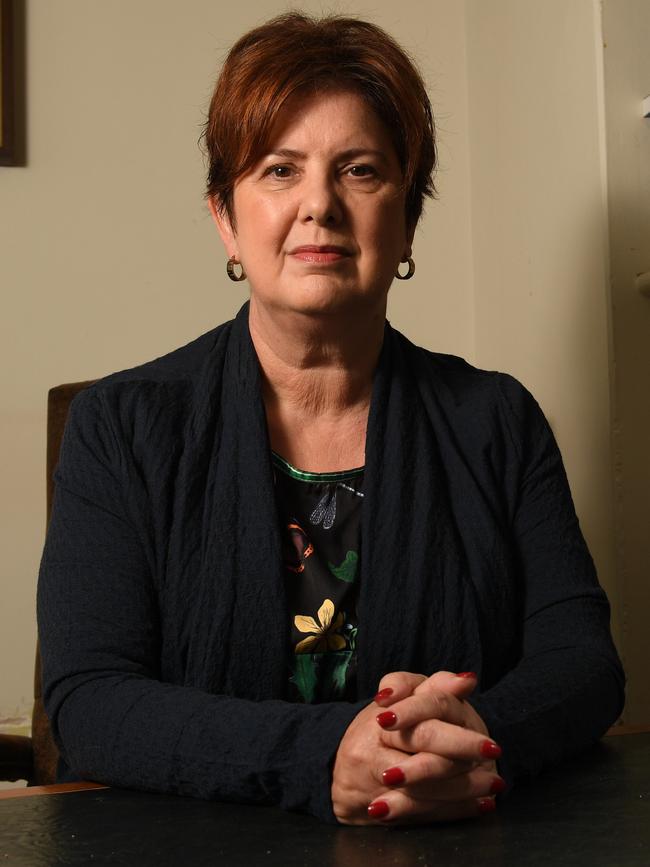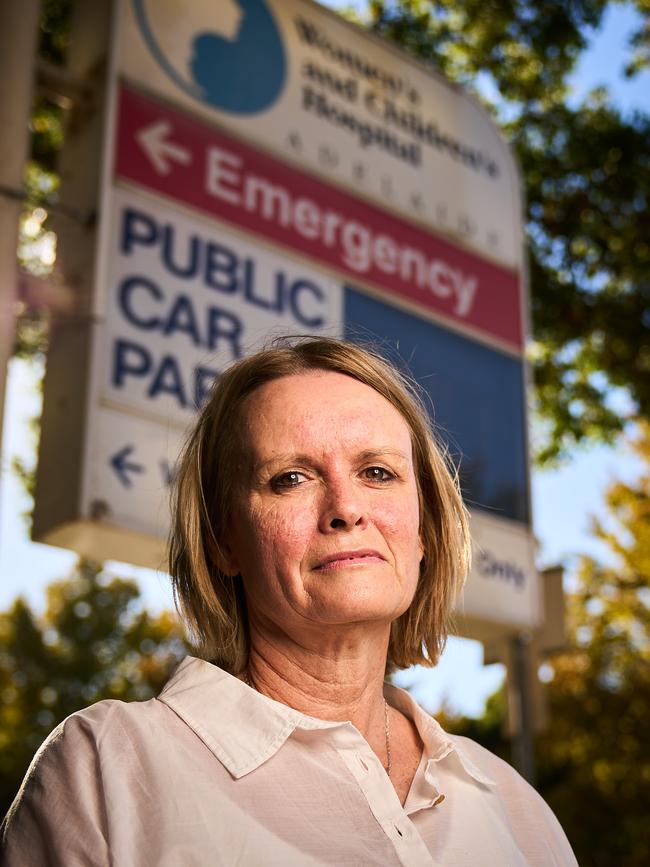RAH organ transplant emails to Melbourne rejected, sparking internal memo that delays could ‘significantly’ affect patient care
An internal RAH memo has warned about a “significant” risk to patients because another hospital is sending back its crucial emails.
SA News
Don't miss out on the headlines from SA News. Followed categories will be added to My News.
Important emails sent by staff at the Royal Adelaide Hospital concerning organ transplants are being rejected as spam by a Melbourne hospital, creating the potential to “significantly impact clinical care”.
An RAH staff memo, circulated on Monday, said the Central Adelaide Local Health Network was notified two weeks ago that outgoing emails to Melbourne’s Alfred Hospital were disregarded.
SA Health confirmed on Tuesday the issue remained unresolved, but a workaround was in place.
“The communications are for transplantation purposes and delays in providing the information have the potential to significantly impact clinical care,” the memo said.
The problem has been traced to computer server issues at The Alfred, according to the memo.
To reduce risks, staff were advised to use phones as their main method of communication until the problem was corrected.
Australian Medical Association SA president Michelle Atchison said the issue was worrying, and the emails likely related to lung transplants.
“There are patients out there for whom this is their life and who need to know what’s happening with their transplant and their care,” she said.
“Anything that may negatively impact on patient care should have been identified early.”
Dr Atchison said it’s vital that the concerning matter must be urgently sorted out.


SA Salaried Medical Officers Association chief industrial officer Bernadette Mulholland said the memo showed new systems were needed to ensure communication errors did not negatively affect patients.
A Central Adelaide Local Health Network spokeswoman said spam filters at Alfred Hospital were identified as the cause of the problem.
She said SA Health’s information technology department was working with the Melbourne hospital to resolve the issue.
“No patients were impacted by the email bounce back from the Alfred Hospital,” she told The Advertiser.
“Staff were immediately made aware and a workaround solution was put in place.”
Australian Nursing and Midwifery Federation chief executive Elizabeth Dabars said members had not raised the issue with her.
“(But) I would have thought that if it was critical things like transplants they would be on the phone and wouldn’t be waiting for emails to come back,” she said.





